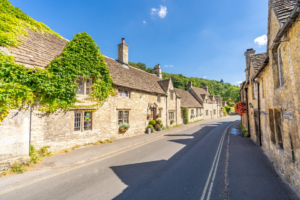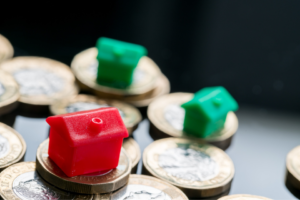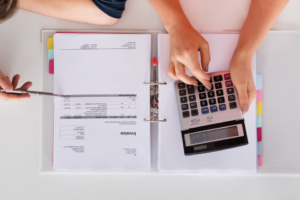Airbnb and HMRC
The relationship between Airbnb and tax in the UK has altered slightly. As of 1 January 2024, Airbnb is required to share relevant financial information with HMRC. It’s an arrangement that doesn’t just affect Airbnb, it also applies to other ‘side hustle’ businesses, such as eBay and Vinted.
It’s worth noting that the new ruling doesn’t significantly alter the pre-existing link between Airbnb and the tax office. Even before 1 January 2024, on an ad hoc basis, HMRC was within its rights to request financial information from Airbnb regarding UK-based hosts.
Why is Airbnb asking for tax information?
The new ruling came about following the UK’s decision to sign up to new rules prescribed by the Organisation for Economic Cooperation (OECD), as a way of bearing down on tax evasion. This means that Airbnb is duty bound to pass on relevant financial information pertaining to UK hosts to HMRC.
Essentially, the change means that there’s now a level playing field. This is because digital platforms (such as Airbnb) are now required to adhere to the same rules that have long applied to traditional ‘bricks-and-mortar’ businesses.
Here at Ibiss & Co, we know that the vast majority of Airbnb hosts strive to work to the letter of the law. The new Airbnb UK regulations make it easier for HMRC to support online enterprises. Conversely, of course, it will now be easier for HMRC to identify any irregularities.
How does this affect Airbnb?
Online marketplaces such as Airbnb are now obligated to report to HMRC, and the process will begin in earnest at the close of January 2025, and on an annual basis thereafter.
The sort of information that will pass between Airbnb and HMRC include tax IDs, bank account details and seller transactions (including value and volume). However, the new ruling will almost exclusively apply to Airbnb hosts whose income triggers the need for tax payments.
How does this affect me?
Since the Airbnb HMRC information sharing process has become formalised, how does this affect the average Airbnb host? For some Airbnb hosts, there will not be much change. The £1,000 tax-free allowance on any money you make by renting your property (or properties) means that if the money you earn through rentals comes to less than £1,000, you won’t need to complete a tax return.
Those who earn more than £1,000 in any tax year must start filing a tax return in the same way a landlord of a property must, so if you think your Airbnb income may exceed this figure, be sure to check your accounts and comply. You can refer to our property tax page to learn more. If you’re fortunate enough to qualify for the Rent a Room Scheme, you’ll benefit from a £7,500 income threshold.
In any case, we recommend that you retain your financial records, just in case HMRC requests to seem them. Please note, the new ruling only affects hosts who are required to pay tax in the UK.
Contact our Airbnb tax specialists
At Ibiss & Co, we’re here to assist you with all your Airbnb tax information queries. Please don’t hesitate to contact our friendly teams in Barking, Tooting and Walsall if you have any questions or need advice.




